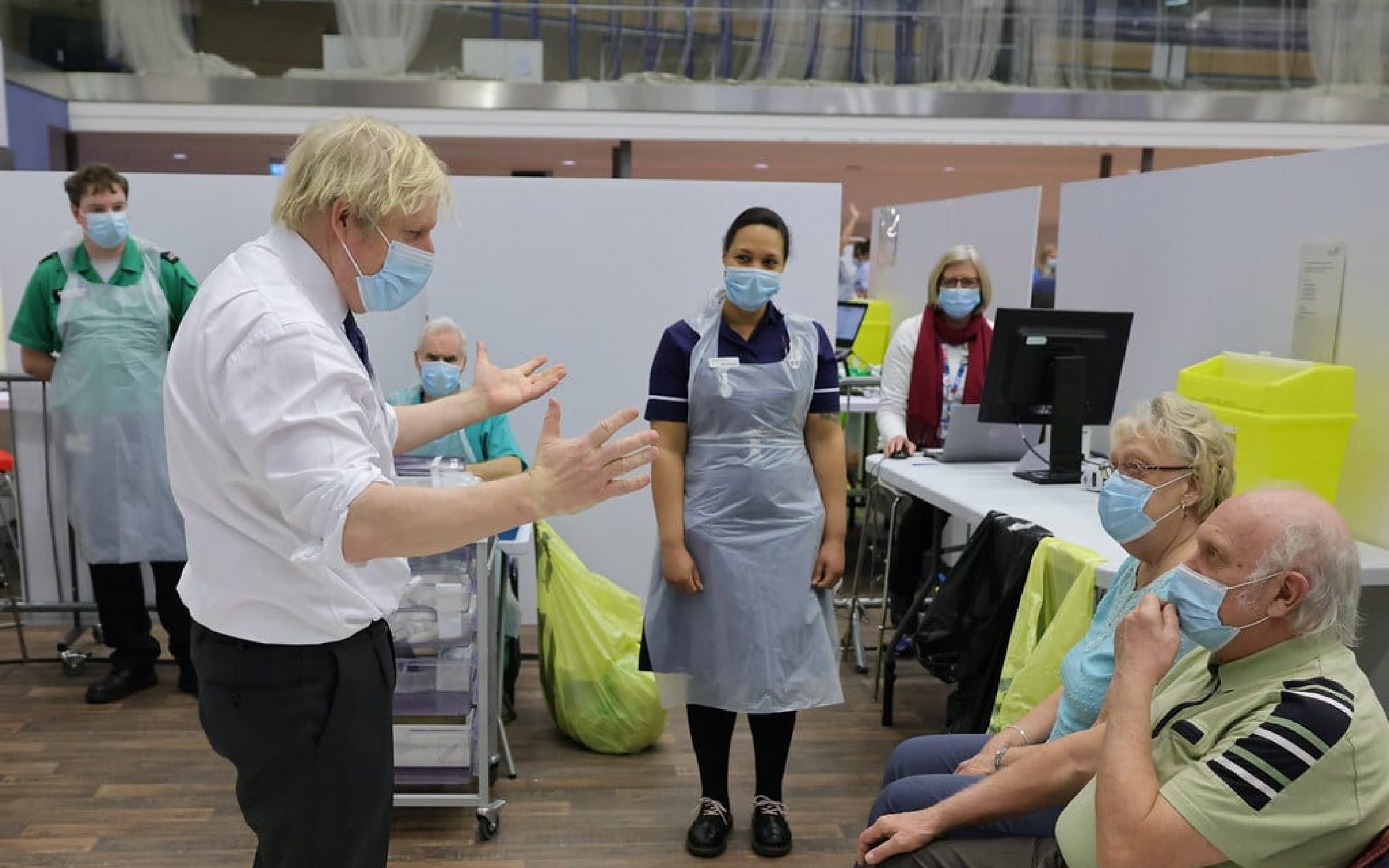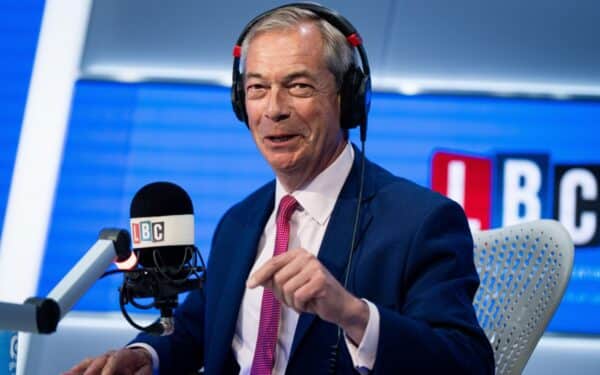A bombshell new study out today will be welcomed by Anders Tegnell, the controversial architect of Sweden’s light-touch Covid response, while vindicating just about no mainstream epidemiologist or political party in Britain.
Lockdowns reduced mortality rates by only 3.2 per cent compared with less restrictive policies like those adopted by Sweden, a new study has found.
The research, co-authored by scientists from Johns Hopkins University and Lund University, investigated around 20,000 studies on government measures used to combat the spread of Covid-19.
It found that the first lockdown in England and Wales which began in March 2020 saved as few as 1,700 lives. The average number of deaths from a typical flu season is anywhere between 18,500-24,800.
The study also found similar patterns in Europe and the US. Stringent lockdown measures saved as few as 6,000 lives in Europe which experiences 72,000 flu deaths a year and 4,000 in the US which experiences 38,000 flu deaths every year.
The study contradicts many earlier predictions which concluded that mandatory lockdown measures would be crucial to avoiding huge death tolls. A notable example of which was a study from Professor Neil Ferguson of Imperial College London from March 2020 which predicted that lockdowns would save more than 400,000 lives.
This new study, due to be published in a book by the Institute of Economic Affairs (IEA), shows that the mandatory limits placed on social gatherings could have had the unintended consequence of increasing mortality by 6 per cent.
The study also found that masks were somewhat effective, reducing mortality by 18.7 per cent, whereas school closures were less successful, reducing mortality by only 2.5-6.2 per cent.
This report comes as the Covid inquiry is due to begin its initial hearings into how the government managed the pandemic. The inquiry has already had a shaky start with the Cabinet Office refusing to hand over Boris Johnson’s private documents.
Unlike the Covid inquiry, the conclusions of this new study are anything but shaky. It concludes that Covid-19 lockdown policies were a “global policy failure of gigantic proportions”, the benefits of which were a “drop in the bucket compared to the costs.”
If this is true, the Covid inquiry may well continue to be met with the same wary obfuscation the Cabinet Office has already shown it.
The new study itself is certainly striking, but equally striking is the political response to it – or rather lack thereof. A set of data which pokes such a gaping whole in hugely consequential government policy has generated no official response from the likes of Keir Starmer or Ed Davey.
Then again, it’s hardly an “I told you so” moment for either leader. Not even the Liberal (could’ve fooled me) Democrats were challenging lockdowns at the time. Meanwhile, if Starmer did ever attempt to set himself apart from the PM over lockdown policy, it was only to urge Johnson to be stricter still – calling on him to impose an Autumn “circuit-breaker”, for instance.
Attempting to point score from these significant new findings would be too hypocritical, even by a politician’s standard. The radio silence makes complete sense.
Write to us with your comments to be considered for publication at letters@reaction.life




